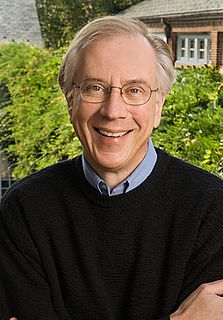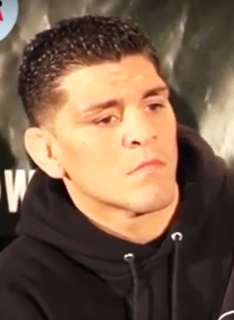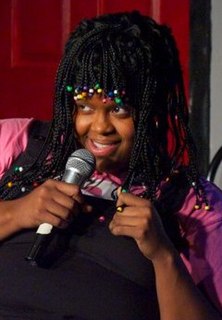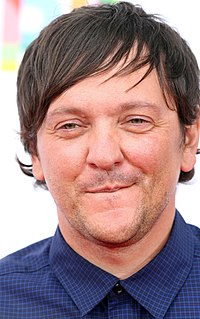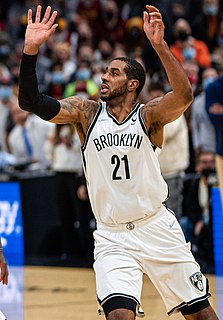A Quote by Thomas R. Cech
We really think it is a good thing for scientists to spend a little bit of their time either in the community or in schools or helping to train high school teachers.
Related Quotes
There's a small movement of teacher-led schools across the country. These are schools that don't have a traditional principal, teachers come together and actually run the school themselves. That's kind of the most radical way, but I think something that's more doable across the board is just creating career ladders for teachers that allow certain teachers after a certain number of years to inhabit new roles. Roles mentoring their peers, helping train novice teachers to be better at their jobs, roles writing the curriculum, leading on lesson planning.
I don't know if you've been in any inner-city schools, but it's pretty demoralizing. The kids come to class bright-eyed, enthusiastic - entering first grade really looking forward to school. By the fourth grade they're just completely turned off, and by the time they enter high school, they see little relationship between school and employment. It's bad enough you have incompetent teachers and schools that are poorly run, understaffed, and lack material resources. It's even worse when the kids themselves don't feel they have any stake in school.
I think college prepared me at a really high level. High school, you can take some plays off on the defensive end. Not on purpose, but if your man gets tired, you can rest a little bit. But once you get to college, and especially in the NBA, you can't do that. Even if my man gives the ball up, I'm on help side, helping my team out.
I don’t think we’ll get rid of schools any time soon, certainly not in my lifetime, but if we’re going to change what’s rapidly becoming a disaster of ignorance, we need to realize that the institution “schools” very well, but it does not “educate”; that’s inherent in the design of the thing. It’s not the fault of bad teachers or too little money spent. It’s just impossible for education and schooling to be the same thing.
Once I got into high school, any time I had to do a talk or a speech, I just loved being up in front of an audience, it was always a character. And then I discovered that an impersonation of the teacher was a really, really good way to get a laugh, and it would also get you good marks, because the teachers were always bored and loved to be the "teacher-parody." So that became my little trick at school, and I became known for doing that.
Families that I lived with a little bit in junior high and quite a bit in high school and college. Just to have a safe, sane space with food and things like that. That's what I needed. And people were really kind and really generous. So I think the world kind of opened up my first years of performing arts, studying classical saxophone with Caesar DiMauro.
Emotional 'literacy' implies an expanded responsibility for schools in helping to socialize children. This daunting task requires two major changes: that teachers go beyond their traditional mission and that people in the community become more involved with schools as both active participants in children's learning and as individual mentors.
Hunter High School was a real turning point for me. I found out about its existence through the music school. Nobody I knew had gone to one of these special high schools, and my teachers didn't think it was possible to get in. But Hunter sent me a practice exam, and I studied what I needed to know to pass the exam.
